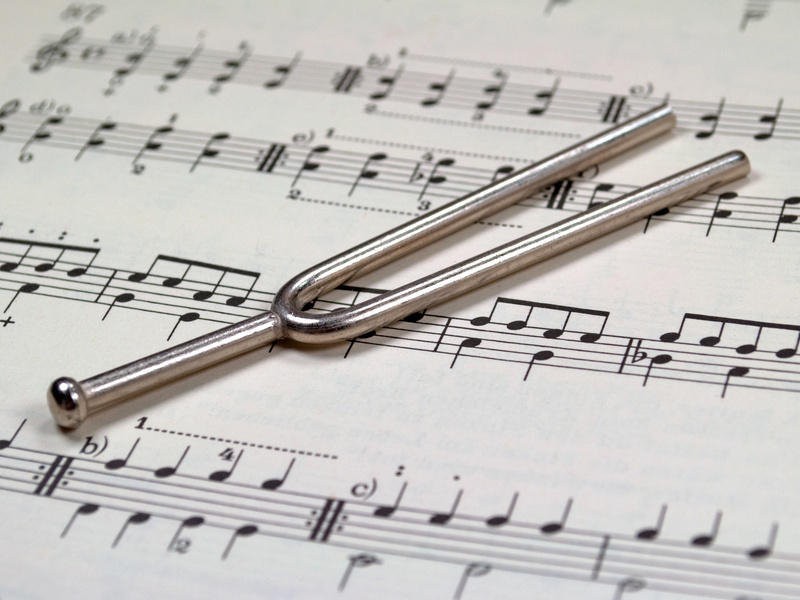 So, we have discussed the fact that not being able to accurately sing in tune is not an unchangeable accident of birth, but rather a lack of proper ear training. There are very, very few people for whom singing in tune is absolutely impossible – the figure hovers somewhere under 1% of the population.
So, we have discussed the fact that not being able to accurately sing in tune is not an unchangeable accident of birth, but rather a lack of proper ear training. There are very, very few people for whom singing in tune is absolutely impossible – the figure hovers somewhere under 1% of the population.
Everyone else – almost certainly including you – can learn to sing in tune.
The first, and most important thing, is to relax. If you get stressed, your muscles will tighten up, your adrenalin levels will soar and your voice will automatically rise, even if you try to keep it lower. High levels of stress and adrenalin can also result in a very wobbly voice, or one that drops much lower than the pitch one is aiming at. The secret is to keep trying. The wobbly voice issue is a matter of confidence and muscle control. The more you sing, the more toned the muscles will become, and the easier it will be to control them.
The second thing is about being able to actually *hear* the note that you are trying to sing. Sometimes one’s brain just can’t tell if you are sharp or flat, and however you try to alter your tone, it feels like it is in the wrong direction. Rest assured that this can happen to anyone, depending on how you are feeling, what you are thinking about and 101 other things. In this case, it is usually easier to give up trying to hear where you are going wrong yourself, and use a little bit of technical back up. I recommend installing a tuner app on your phone. I use an iPhone and use Tuner Lite for both ear training and instrument tuning. It’s a great little app, and free if you don’t mind a few adverts on your page. Similar things are available for Android phones as well. If you don’t use a smartphone, then I recommend buying a tuner from a music shop – it is a small device – often about the size of a large box of matches and will do the job equally well. To use either a standalone tuner or a smartphone tuner to help with ear training, try the following:
- hit a note on your keyboard (if you don’t have one, you can get one for your phone or your computer).
- Try to sing that note back. If you can’t hit the note, or aren’t sure if you’ve hit the note, turn on your tuner and try again. The tuner will then tell you which note you’ve hit, and you can move up or down until you hit the note that you are intending.
- Try again, listening carefully to the note on the keyboard and moving your voice up and down until you feel that you are in the right area.
An hour or so of this once a week (or even better, spaced out over the course of a week) will help your ear training hugely. You will also find that after doing this exercise for a while, you will find it easier to find the right notes. However, don’t be discouraged if you lose the ability to replicate notes between one session and the next. The ability will last longer between sessions, the more often you practice.
 The main reason that most people get singing lessons is often because they struggle to pitch notes correctly. They are then told by people around them who don’t know any better that this means they can’t sing.
The main reason that most people get singing lessons is often because they struggle to pitch notes correctly. They are then told by people around them who don’t know any better that this means they can’t sing.